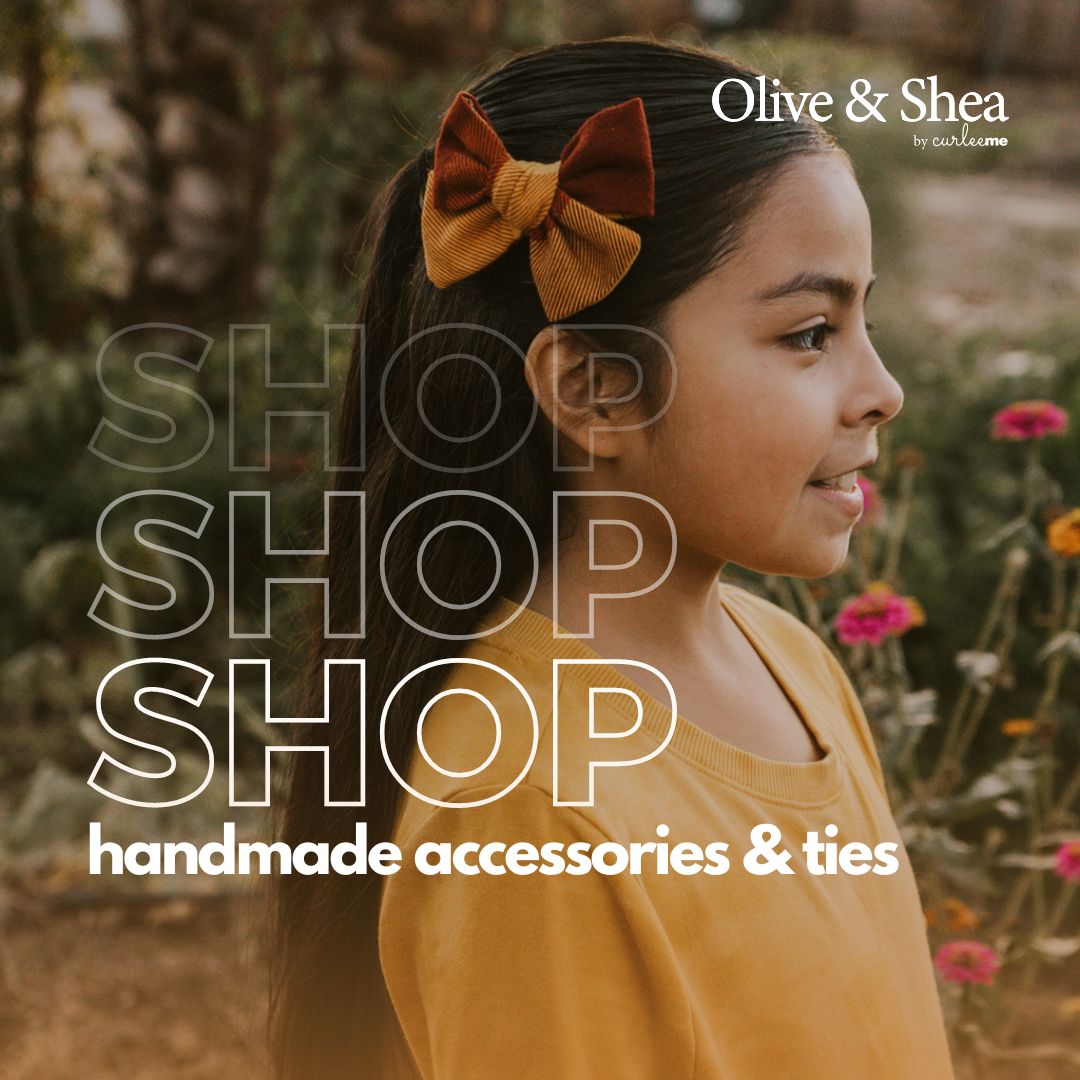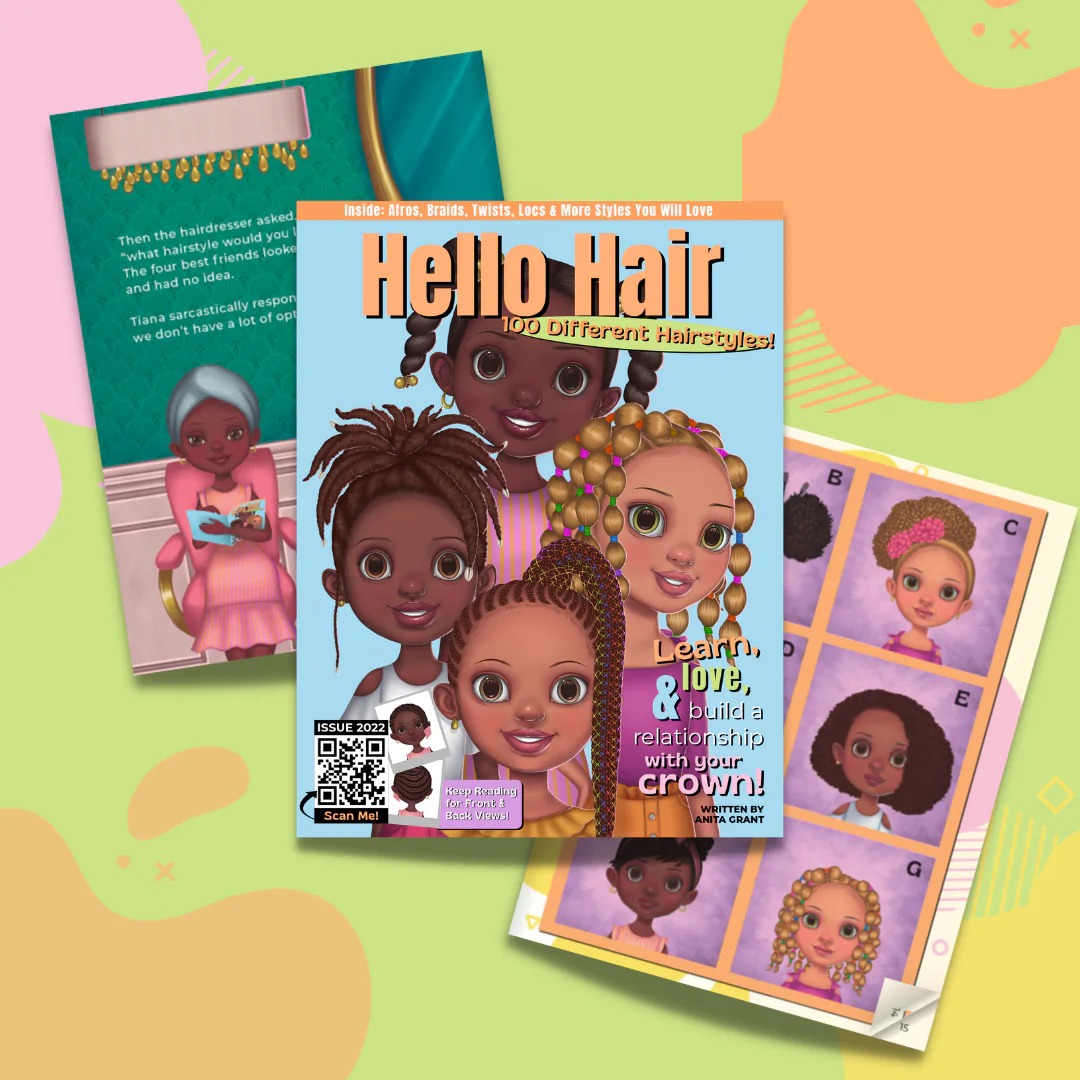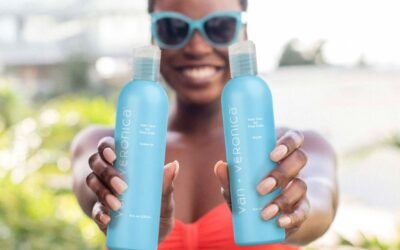Hair relaxers have a massive influence on American culture, there’s no denying it. Millions of women with kinky-curly hair have had their hair relaxed, and many of them have shared stories of the health issues that studies now show are linked to those relaxers. Now with credible scientific research backing them up, women are filing lawsuits against the manufacturers of these harmful products.
Research Links Chemical Hair Relaxers to Ovarian & Uterine Cancer
In October 2022, a study published in the Journal of the National Cancer Institute found that chemicals in hair relaxers were endocrine disrupting and carcinogenic. The 10-year study examined the incidence rate of cancer among women who regularly used hair relaxers and women who had never used relaxers. Ultimately, the researchers found that women who use relaxers are more than twice as likely to be diagnosed with uterine cancer.
These results have a serious impact on women, particularly in the Black community. Not only do Black women use hair relaxers at a higher percentage than other races of women, but they also started using them at an earlier age. Some children had their hair relaxed in their single digits and continued for years after. Unfortunately, many of them were unaware of the damage relaxers had on their hair and their bodies.
Why Are Hair Relaxers Still Being Sold?
You may be wondering how hair relaxers are allowed to stay on the shelves if research shows that they cause cancer. Unfortunately, while the Food and Drug Administration (FDA) monitors consumer reports, it does not approve cosmetics products and ingredients before they are sold to the public. Additionally, product recalls are usually voluntary. As a result, many companies sell harmful products without performing proper safety tests.
However, there are still laws that apply to cosmetics. The Federal Food, Drug, and Cosmetic Act (FDCA) regulates cosmetics and prohibits marketing of “adulterated” or “misbranded” cosmetics. According to the FDCA, products are adulterated if:
- It contains any poisonous or deleterious substance causing injury to the product user.
- Its container is composed, in whole or in part, of any poisonous or deleterious substance which may render the contents injurious to health.
Essentially, companies don’t have to submit products for approval, but they may be held liable for unsafe products.
Other Toxic Cosmetic Ingredients to Avoid
Talc
It’s generally best to stay away from products that contain talc, as they may be contaminated by asbestos, a known carcinogen. For example, Johnson & Johnson’s powder products that contained talc have been linked to ovarian cancer, leading thousands of women to file lawsuits against the company. If you’re using products that contain talc, you might want to look into switching to an alternative product.
Parabens
While parabens are commonly used as preservatives in cosmetics, you should avoid them as they have also been linked to cancer, particularly breast cancer and testicular cancer. If you want to avoid parabens, check the product label for the following ingredients:
- benzylparaben
- butyiparaben
- propylparaben
- methylparaben
- ethylparaben
- isobutylparaben
Phthalates
Cosmetics often contain phthalates to help lubricate other substances and to add fragrance. In fact, phthalates are often listed on product labels simply as “fragrance.” However, studies show that phthalates are weak endocrine disruptors that negatively affect the reproductive health and development of lab animals.Knowing that, it’s best to steer clear of phthalates as much as possible.
Petroleum
Believe it or not, many cosmetics include petroleum. Unfortunately, petroleum contains 1,4 Dioxane, a compound that the World Health Organization (WHO) considers a carcinogen. Petroleum goes by many names, though, so check the label for the following:
- Petrolatum
- Xylene
- Toluene
- Mineral oil
- Liquid paraffin
Resorcinol
A common ingredient in bleach and hair coloring products, Resorcinol is a substance so dangerous that it’s banned in federal buildings. Studies also show that Resorcinol can disrupt thyroid function and lead to dye allergies.
Triclosan
While the Environmental Protection Agency (EPA) considers Triclosan a pesticide, it is also used in cosmetics for its antibacterial properties. Unfortunately, studies have shown that Triclosan can disrupt hormones and contribute to making bacteria resistant to antibiotics.
The Carlson Law Firm Can Help
Our attorneys are standing up for Black women to make a change and to advocate for the compensation they need for life-saving medical care. If you, your mother, sister, or friend have suffered as a result of relaxers, consider contacting an attorney to file a chemical relaxer lawsuit to begin your recovery.








